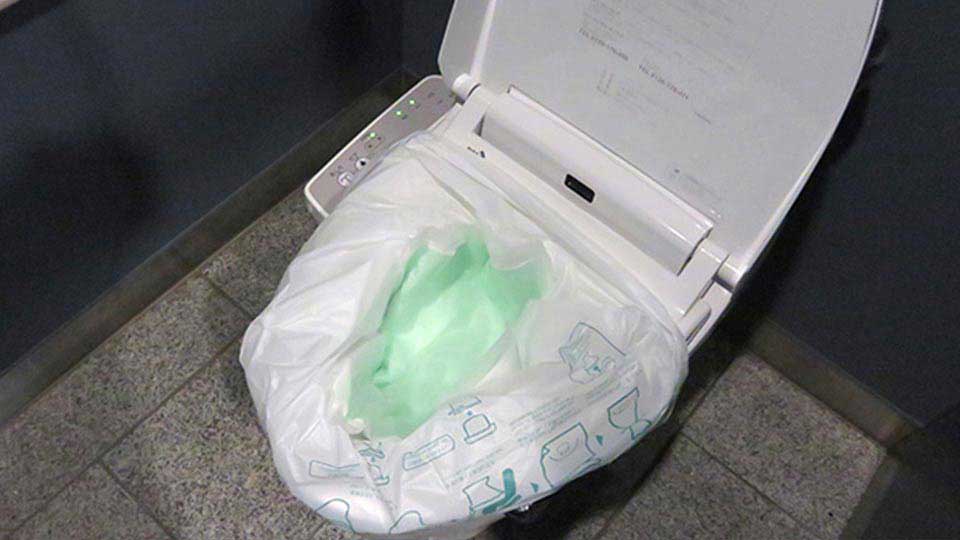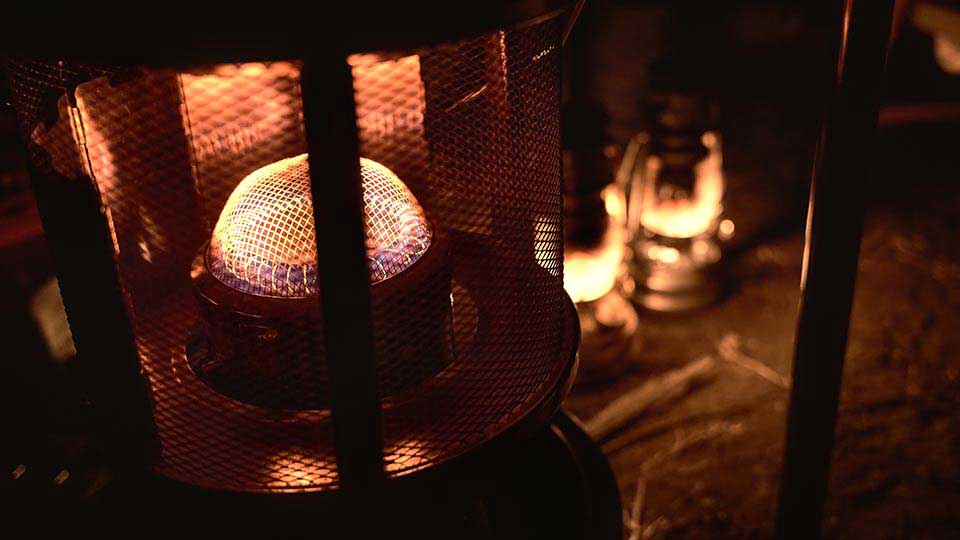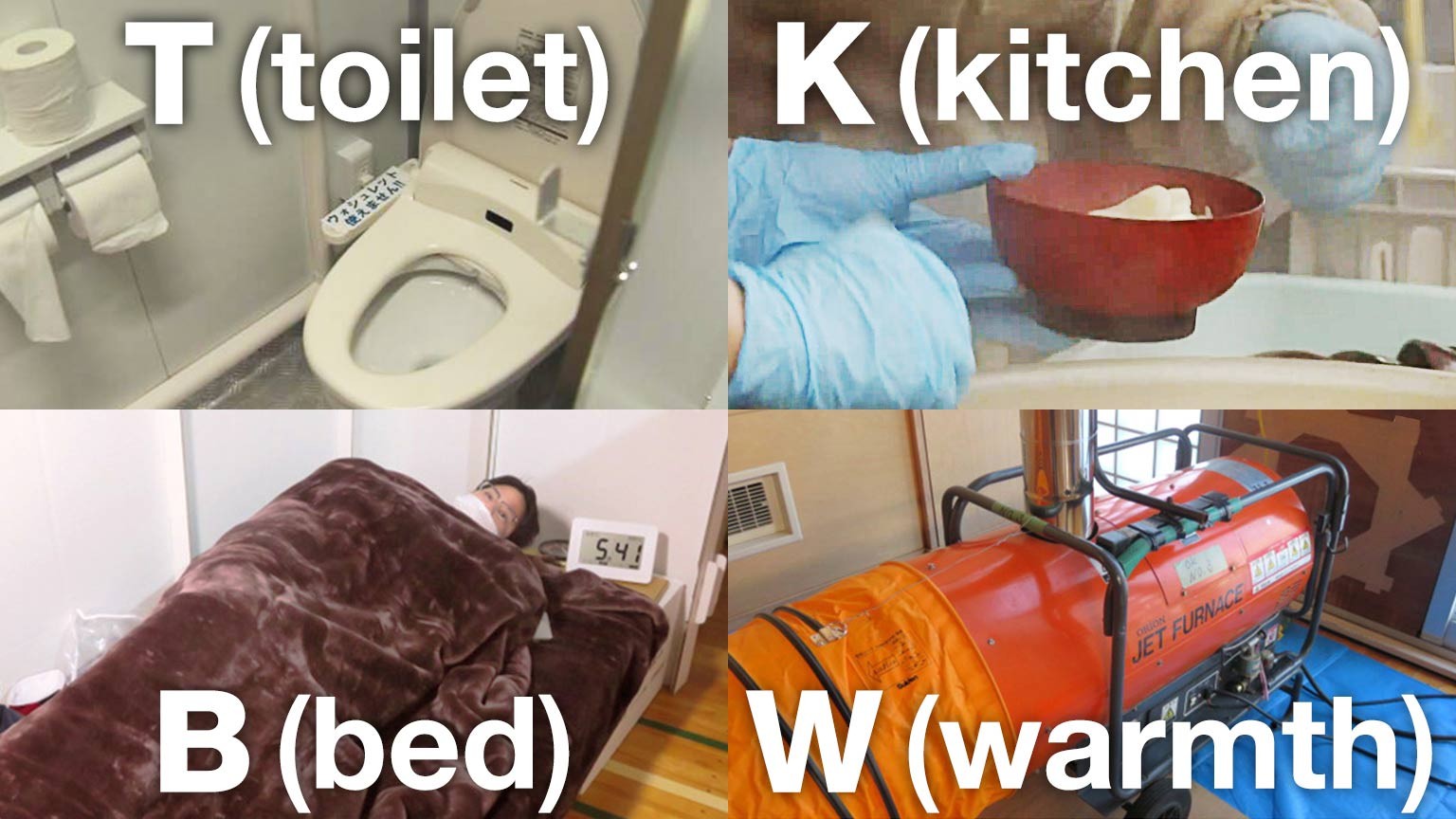Toilet: Ensure a safe and secure restroom environment
When water outages and inadequate sanitation facilities render regular toilets unusable, people can be tempted to eat and drink less to avoid having to visit temporary outdoor toilets. But the experts say this can cause a variety of illnesses.
They say if toilets aren't connected to running water, then covering the seat with a plastic bag with some kind of coagulant or diapers can help with sanitation. People can tie the bags and dispose of them after each use.

Kitchen: Provide hot meals
Some evacuation centers in the past have offered mainly or exclusively cold food, but this is a particular problem for the elderly who cannot easily swallow cold food. This can lead to a loss of appetite and a loss of strength among people of that demographic.
The experts recommend creating a soup kitchen or arranging for kitchen cars. They also suggest keeping a stockpile of food in retort pouches.
Bed: Stay warm
Evacuees often sleep on the floor in shelters, but that can put people at risk of hypothermia due to loss of body heat, and pneumonia due to inhaling dust.
Hard floors not only make it difficult to get a good night's sleep, but also increase the risk of circulatory problems.
For examples of how to stay warm, evacuees can use a bed made of cardboard or place blankets or mats on the floor.
Warmth: Secure heating equipment
The risk of hypothermia is especially high in winter evacuations, and it is essential to ensure there are ways of securing heat. When evacuation centers are cold, people cannot sleep or have shallow sleep, which decreases their physical strength and increases the risk of various diseases.

Experts say that to prevent deaths related to the earthquake, it is advisable when large numbers of people are in evacuation centers to consider moving to accommodations in less damaged areas.
